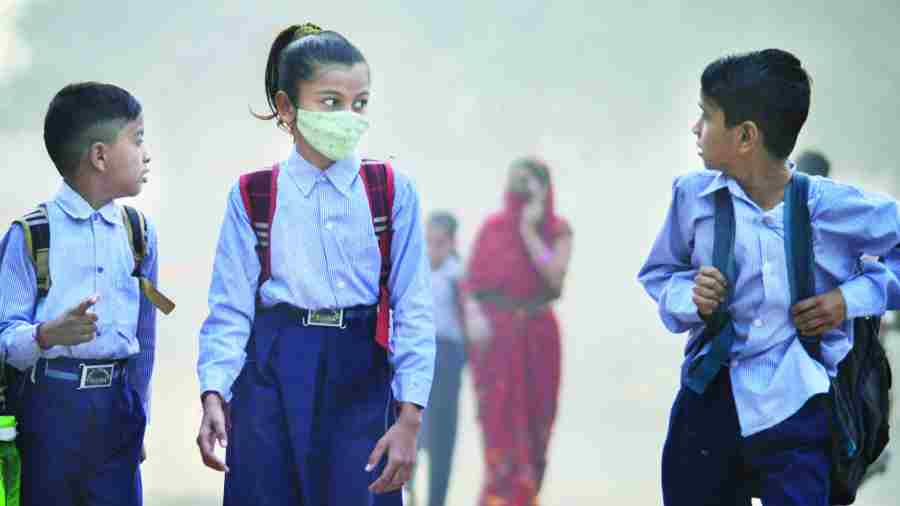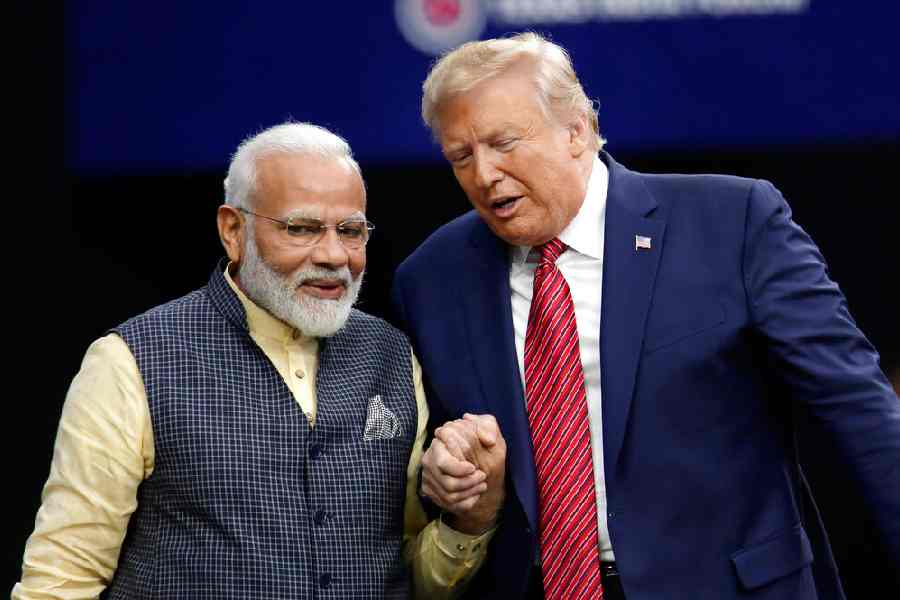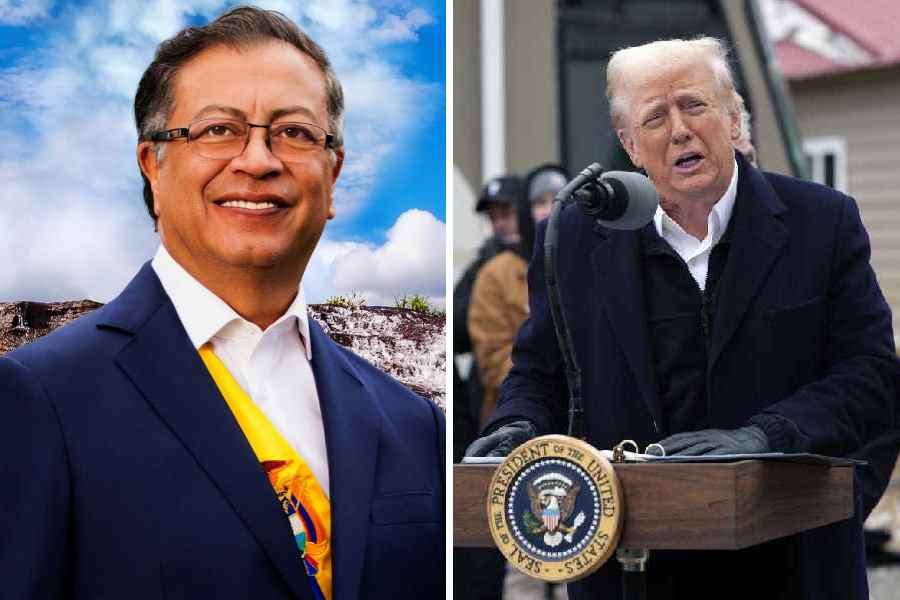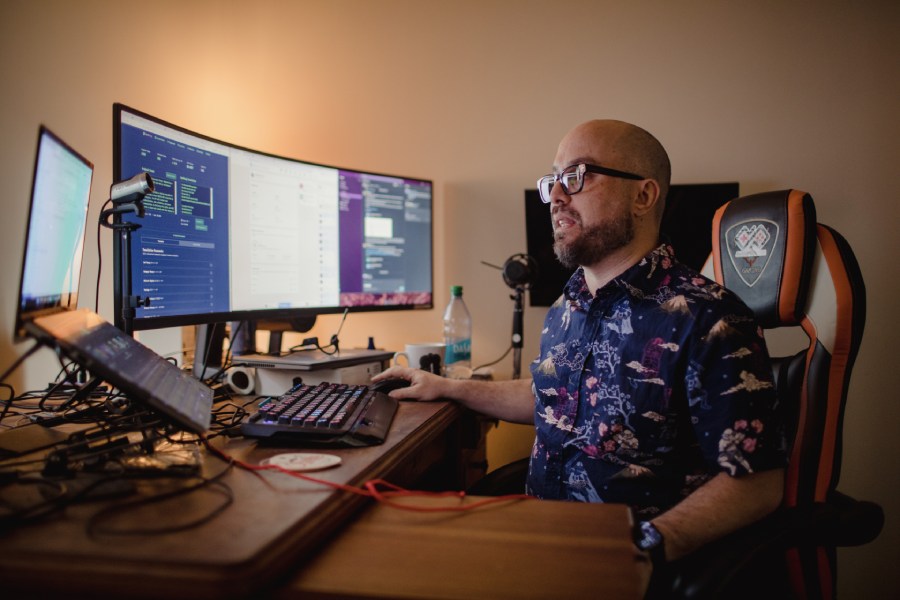What government schools lacked in glamour they once made up in width and depth of study and aspirations towards social inclusiveness. The recent growth of private schools suggests that even their academic credentials have become suspect. According to the Global Education Monitoring Report, 2022 by Unesco, in the last eight years, seven out of 10 new schools in India have turned out to be private ones. This trend is not exceptional in South Asia, where the growth of education for 30 years has increasingly relied on private institutions. The preference for private schools from pre-primary to tertiary levels is uniformly high in India, whereas in countries such as Bangladesh or Iran, any outstanding preference is limited to a single level. That only 46 per cent of Indian adults today believe that school education is primarily the government’s responsibility is a fairly recent development; the government was once supposed to be the legitimate fount of the educational structure and its institutions. One reason for the shift to private schools is the inadequate number of government institutions. Besides, the latter’s standards have not kept up with the aspirations of guardians in an expanding educational set-up with children exposed to dreams and possibilities communicated through the internet and social media.
A government’s interest in children’s schooling is not indicated by teaching them patriotism or by changing lines in textbooks to create new histories and new perceptions of the present, but by the money it spends. Indian governments — in spite of the loud claims of increased allocation by the present one — are stingy, spending around 3 to 3.5 per cent of the gross domestic product on school education, which is poor compared to many developed and middle-income countries. The Unesco’s concern is with quality and equity in education so that no child is left behind. Regulating private and State schools equally can ensure that. That is not simple in India. The dependence on coaching centres, on the rise after certain government policies, is making the classroom unimportant, while the teacher earns more by private coaching. Intense competition entangled with economic commitments make students and their parents easy prey to profiteering in the name of lessons, whether inside the school or outside it. The bustling world of private and government schools guarantees neither education nor universal access. Quality and equity are yet to be achieved.











